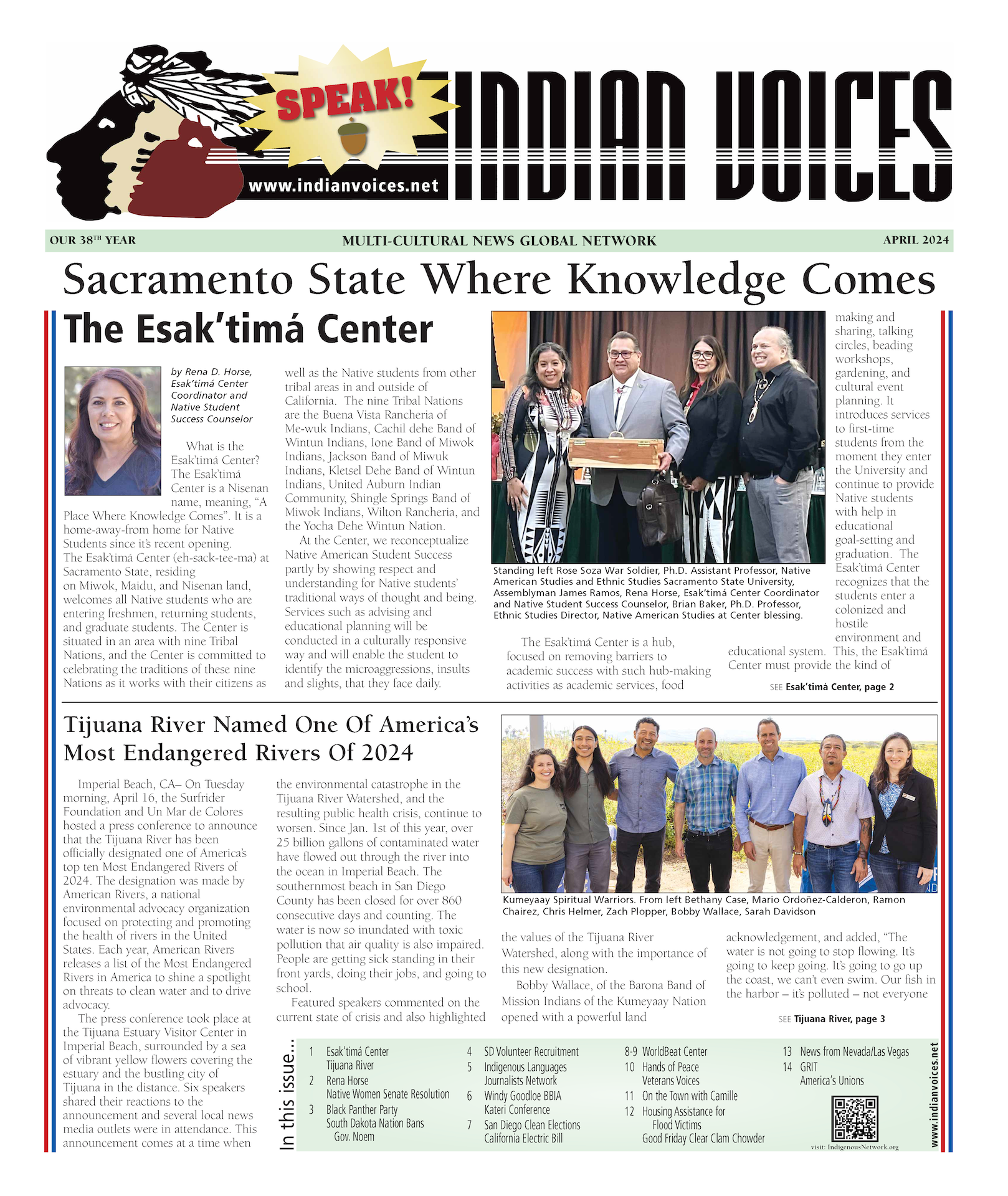Democratic Senate leader Sen. Harry Reid wants to work with Republican Sen. Rand Paul in a push for restoration of felons’ right to cast ballots.
By: Keli Goff
Posted: June 24 2014 1:06 PM
Though he acknowledges that they rarely agree when it comes to policy, Senate Majority Leader Harry Reid (D-Nev.) has offered a ringing endorsement of Sen. Rand Paul’s (R-Ky.) latest proposal: the restoration of felons’ voting rights. Paul, a Tea Party darling, just introduced a bill that would restore the rights of nonviolent offenders, a longtime priority of civil rights groups, including the NAACP.
In an exclusive interview with The Root, Reid recalled that he introduced a similar bill in 2002 that ultimately did not pass, but he expressed optimism that Paul’s bill can go the distance. “I hope so,” he said, adding, “even though his bill doesn’t go as far as mine, I still think it is a really good piece of legislation. I have not read his legislation, only read a synopsis of the legislation, but I am told he would restore voting rights for nonviolent felons in federal elections. That’s not as far as it should go, but it’s clearly a step in the right direction.”
Reid believes that even violent offenders should have the right to vote, which differentiates his previous bill, and his personal philosophy, from Paul’s. He quoted from a previous floor speech he gave on the subject, saying, “We have a saying in this country, ‘If you do the crime, you do the time,’ and I agree with that. If you do the time and do it completely, why should you have to do more time?”
He declined to address those who may have concerns about the idea of a child abuser, for instance, serving little time and retaining the right to vote. “Not getting into ‘perhaps,’ what-ifs. Let’s just look at where we are,” he said. “What Rand Paul wants to do is for nonviolent crimes, let the person vote. Who can oppose that?”
Asked if he considers this matter a major civil rights issue, Reid replied, “I don’t know what the word ‘major’ means, but it is a civil rights issue.”
But for Democrats it may be more than that. It may be a saving grace. Asked about the fact that voter-ID laws are expected to disproportionately affect minority voters, Reid replied, “That’s an understatement.” But he declined to say that restoring felon voting rights was a way for Democrats to maintain the electoral advantage that they are sure to lose in some districts because of restrictive voter-ID laws.
“Come on. Let’s be logical here,” he said, when asked if there is hope that restoring felon voting rights will give Democrats a political advantage. “There are millions of people who deserve to vote. I don’t think people should get into the color of their skin or their religion. I just think it’s the right thing to do. Whether Democrats or Republicans, they should be able to.” Pressed on whether this benefits minority voters more, he said, “You know the statistics as well as I do. I didn’t look at it statistically; I looked at it as the fair thing to do.”
He also believes that there will be more bipartisan movement on this issue than there has been for other issues, including immigration reform. Calling Paul one of the nicest people he has ever served with in the Senate, and contrasting Paul’s open-mindedness on the issue with the opposition and rhetoric of Paul’s Kentucky colleague, Senate Minority Leader Mitch McConnell, back in 2002 on the same issue, Reid believes that momentum is on the right side of the issue this time.
Reid thinks that Paul’s legislation will move forward “because I think it is an issue that is ripe for solving. It is simply unfair. I think he has hit the sweet spot here related to nonviolent crimes. I think it should be done. I think the time is now. It’s a good time to do it.”



